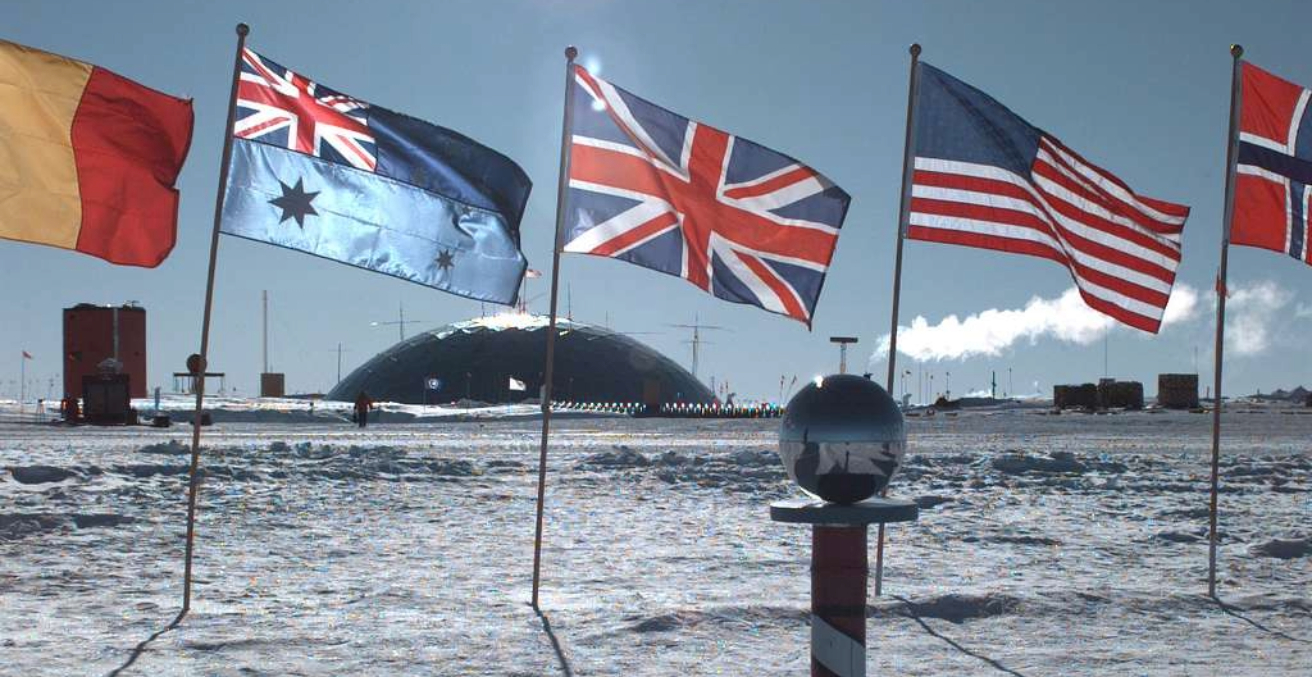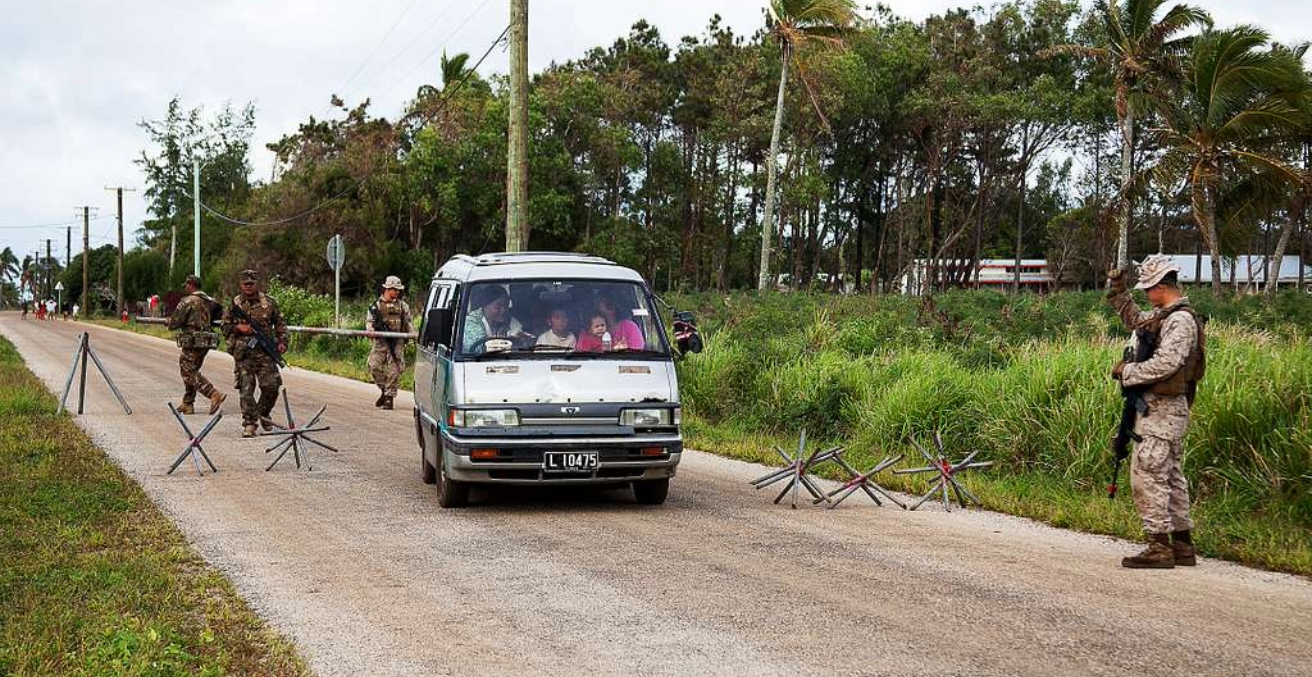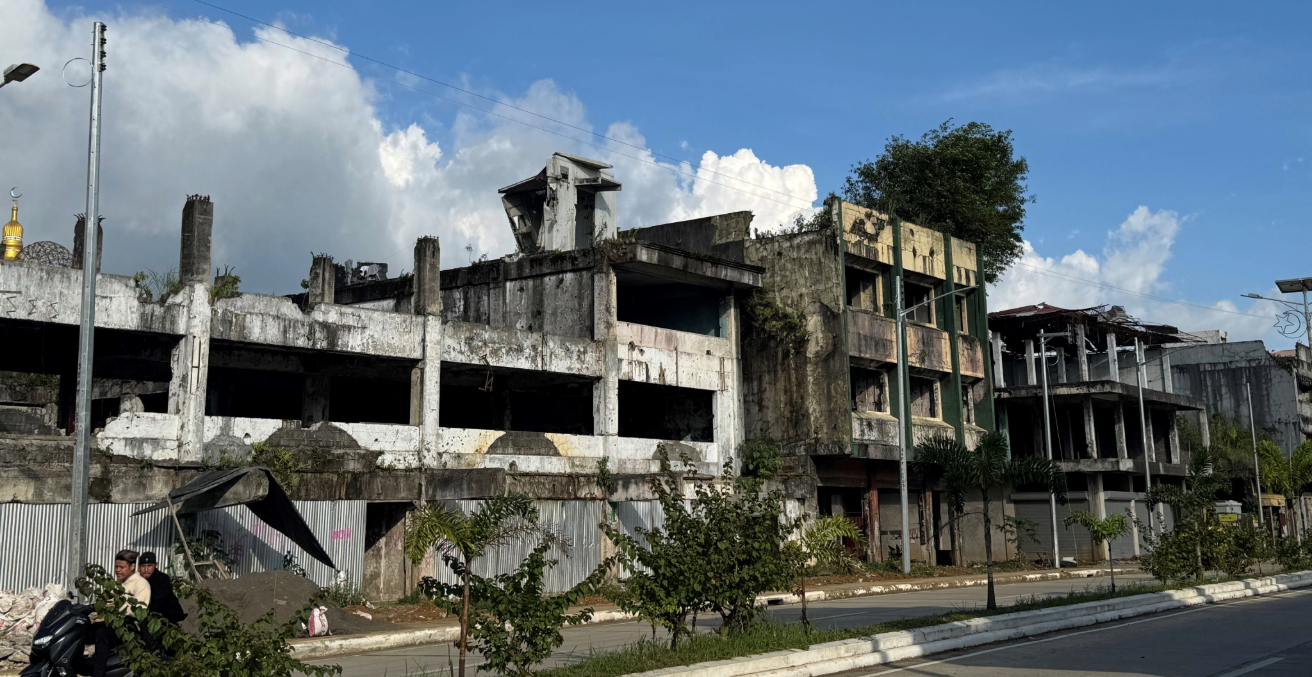Yet again Australia’s battered aid program took a hit in last week’s budget, as aid plunges to its lowest-ever level of 0.22 per cent of national income. At some point the Government will be compelled to take international development, and the role of Australian aid, more seriously.
The Coalition Government’s fifth budget last week was carefully calibrated to offer just enough to a discontented electorate to restart the political contest ahead of the poll expected early next year. Yet again Australia’s battered aid program took a hit, this time in the form of a multi-year cut, combined with an extended freeze on indexation to inflation: a cut by attrition.
This is the same technique being applied to the ABC. But while attacking the national broadcaster is long-running pet project for the Government’s culture warriors and their commercial media cheer squad, the assault on aid is more puzzling, as it is surely self-defeating.
The original savaging of aid was justified at the time by a supposed budget emergency. The catch-cry of the early Abbott time was debt and deficit, and aid was said to be a good thing but only for good times. Now the good times have apparently rolled around again, signified by a traditional fistful-of-dollars personal tax cut as the opening election salvo. Not to mention the unprecedented cash splash on defence equipment, or the $65 billion proposed cut in corporate tax. Yet no relief for Australian aid.
The government barely bothers to justify its aid policy, but recent comments by International Development Minister, Concetta Fierrivanti-Wells, are telling – the government can’t increase aid, she said, because it is not popular with voters. (This claim flies in the face of generosity from Australians we witness every day at World Vision.)
She made her comments at the recent CHOGM meeting in London, where she asked the UK government to step up its presence and aid commitment in the Pacific. The UK is expanding its Pacific footprint as part of its general reorientation of its international presence in Brexit transition. But for Australia to be asking the UK to step up is bizarre, as well as embarrassing.
While Australian aid has plunged to its lowest ever level of 0.22 per cent of national income—and will fall further under the most recent cuts—the UK has exceeded the target of 0.7 per cent over several years. This, despite much more strained economic times, and with a conservative UK government in power for eight years. Theresa May, embattled and much criticised, has shown mettle and has not swerved from this commitment. Meanwhile Australia, with its 27 years of continuous economic growth, cannot muster the political courage to meet its minimal international obligations in its own region.
It is true the Budget indicated some renewed emphasis on the Pacific, including opening a mission in Tuvalu, a country of 10,000 people where only Taiwan currently has representation. Some have claimed the new Pacific consciousness is driven by fear of China, whose economic, diplomatic and strategic influence continues to exercise minds in Canberra.
We have seen now over several years the shift towards militarisation and securitisation in Australian policy and budgeting. Apart from defence, one area where spending seems unconstrained is the various arms of Peter Dutton’s expanding Home Affairs empire.
Fear is a powerful emotion and one that is readily mobilised for political gain. Australia has a long tradition of attempting to pull up the drawbridge in fear of real and imagined external threats. The resort to inward-looking tribalism is all too familiar.
The only cure for the politics of fear is a politics of courage. Knee-jerk pessimism must give way to a rational optimism that recognises risks and threats but responds with confidence, recognising also the exceptional human, technological and material resources available to us.
At some point either this Australian Government or the next one will be compelled to take international development, and the role of Australian aid, more seriously. Development and diplomacy are more effective (and more cost-effective) tools for advancing the region’s prosperity and security. It enhances Australia’s best interests more than a tunnel-visioned reliance on defensiveness and fear.
A rich, skilled and strong country like Australia ought to walk confidently in the world, and a rethink of the role of development cooperation must be part of this.
This demands leadership and clarity of vision, not just from politicians and the aid sector, but also from Australians working in many fields who can contribute their expertise and their voices towards overcoming the mindset of fear and negativity that has bedevilled us for so long.
Reverend Tim Costello AO FAIIA is chief advocate of World Vision Australia and served as CEO from 2004 to 2016. He has been a Fellow of the AIIA since 2014.
This article was first published in Pearls and Irritations on 16 May and is republished with permission.




